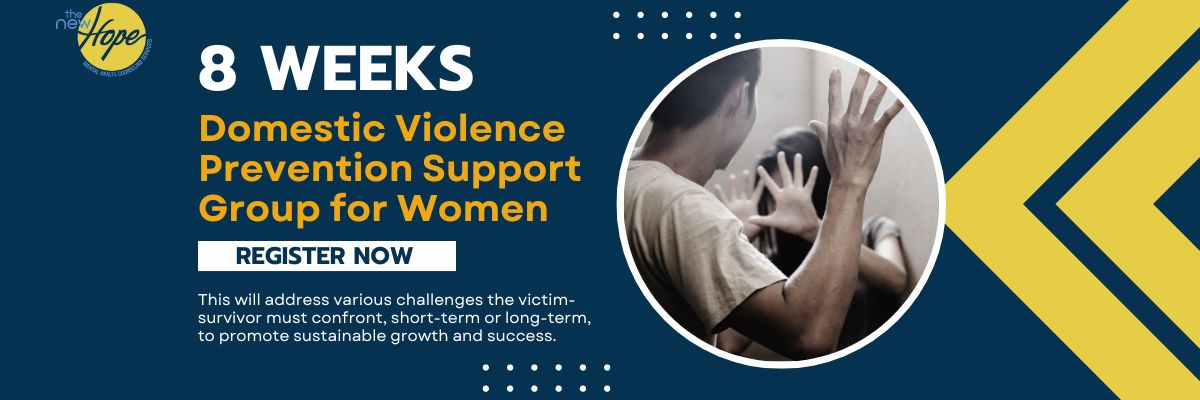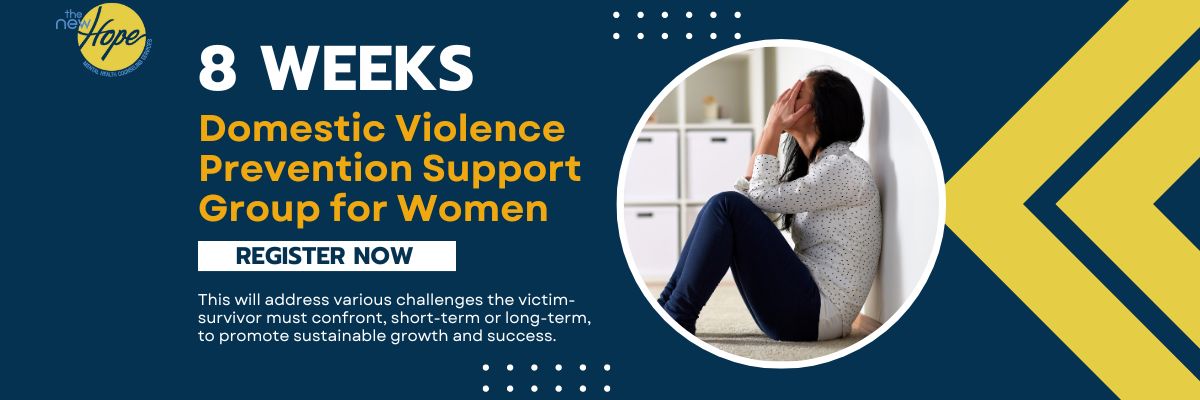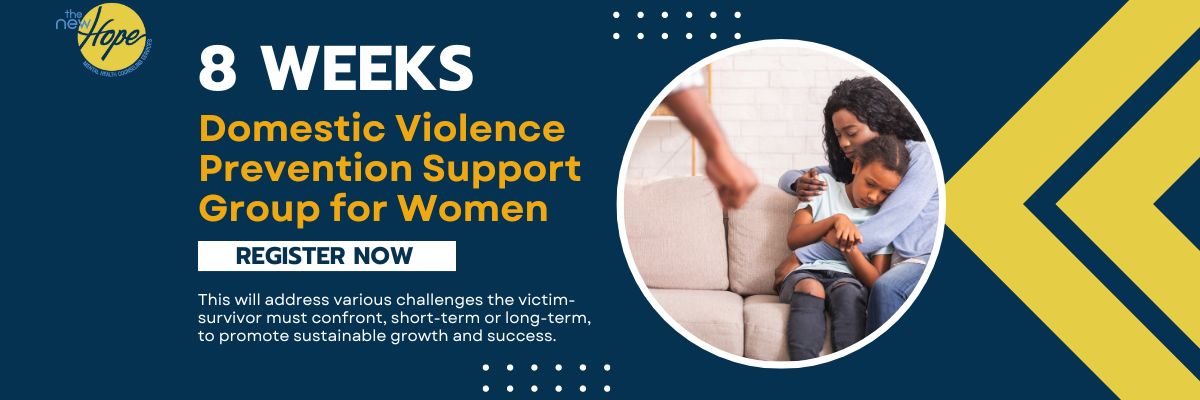Domestic Violence Prevention Support Group for Women
Domestic violence (DV), also known as intimate partner violence (IPV), is defined as any incident or pattern of incidents of controlling, coercive, or threatening behavior, violence, or abuse between intimate partners or family members regardless of gender or sexuality. The frequency and severity of DV/IPV can vary dramatically. Just one encounter counts as abuse, or it can be an ongoing pattern of behavior. However, the one constant element of domestic abuse is the abuser’s consistent efforts to maintain power and control over their victim. DV/IPV can affect anyone regardless of ethnicity, age, gender, sexuality, or social background. A person experiencing physical, sexual, psychological, or financial abuse or being threatened, intimidated, or stalked by a current or previous partner or close family member is likely a victim of domestic abuse.




